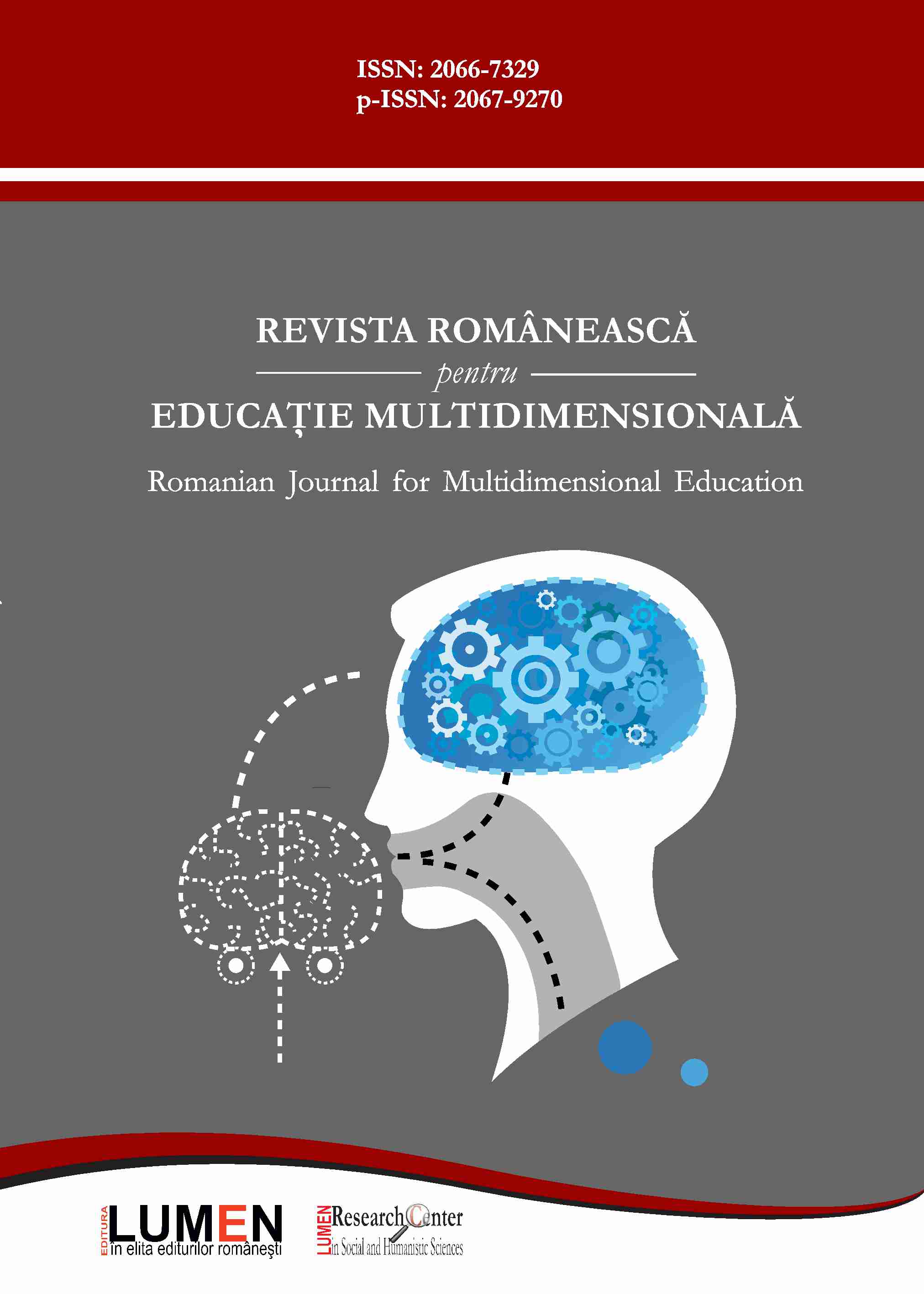Psychological Aspects of Professional Development: Through the Eyes of Students and Professors
Psychological Aspects of Professional Development: Through the Eyes of Students and Professors
Author(s): Olesia Stoliarchuk, Olena Kokhanova, Olena Sorokina, Oksana SerhieienkovaSubject(s): Social Sciences, Education, Higher Education , Educational Psychology, Personality Psychology
Published by: Editura Lumen, Asociatia Lumen
Keywords: professional development; professional education; reflection; awareness; professor; student;
Summary/Abstract: The article reveals the psychological aspects of the professional development of a future specialist and presents the results of an empirical study. The empirical study is focused on the analysis of the content of reflection by professors and students of the psychological characteristics of the professional formation of a future specialist. The ascertaining study covered 589 Ukrainian students of course years from 1 to 6 (future psychologists, teachers, lawyers) and 487 Ukrainian professors. The following methods were used: survey, calculation of average values, ranking and comparative analysis. The content of the survey was identical for both samples of respondents and assumed the subsequent comparison and analysis of the answers of students and professors. The study made it possible to establish the similarity of reflection by professors and students of types and factors of professional formation of future specialists. At the same time, a number of differences were identified in matters of motivation for professional choice, priority areas for becoming a professional, determinants of success, and obstacles to the professional formation of future specialists. The identified differences in the reflection of professors and students of the psychological characteristics of the formation of a professional expressively indicate gaps in the awareness of higher education professors and the average level of their competence regarding this issue. The empirical data obtained, including questionnaires as an effective diagnostic tool, can be used to improve the psychological competence of professors in order to improve the quality of their support for the professional formation of students.
Journal: Revista Românească pentru Educaţie Multidimensională
- Issue Year: 14/2022
- Issue No: 3
- Page Range: 284-300
- Page Count: 17
- Language: English

